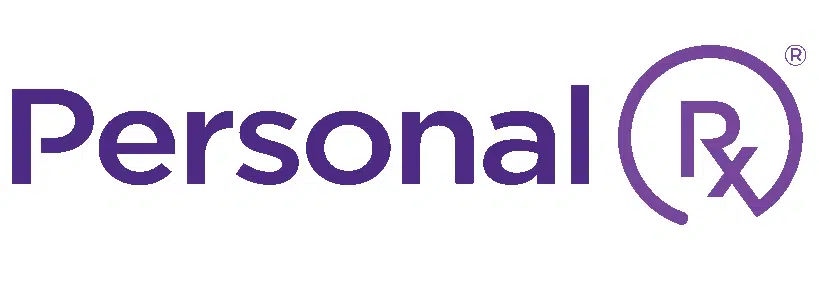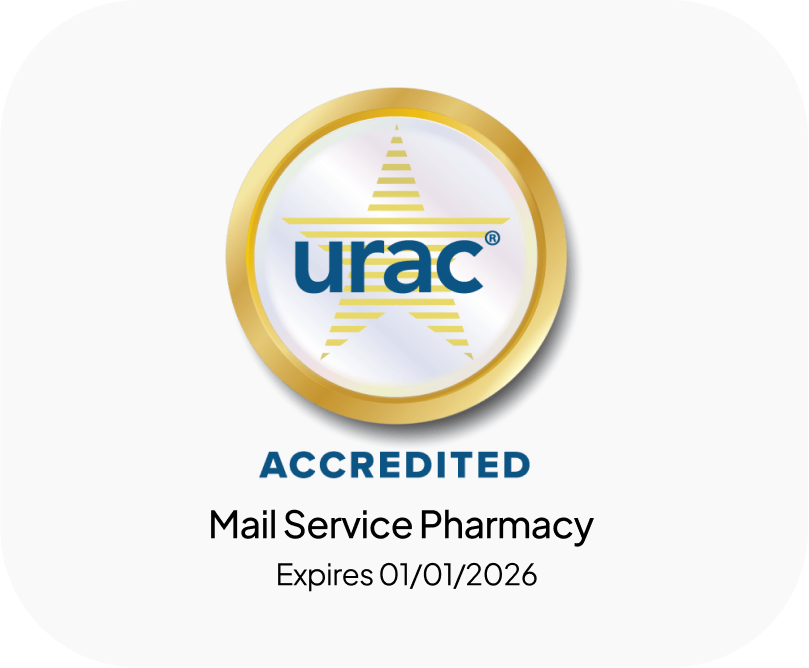Medication adherence, or taking your medicine as prescribed, is an essential part of patient healthcare. When you adhere to your medication regime, you increase the likelihood of your overall long-term health and well-being. It also contributes to controlling and treating any chronic and temporary conditions you may have.
Your pharmacist plays a big role in medication management and adherence, and it’s important to highlight their importance in our healthcare continuum.
The Importance of Your Pharmacist and Medication Adherence
The FDA states that a personal connection with your pharmacist is important to medication adherence. This is especially true for those who have a complicated medication regimen.
When it comes to medication adherence and interaction, no one knows better than your pharmacist – including your doctors. It is your pharmacist’s responsibility to ensure that you aren’t being prescribed medications with harmful interactions and contribute to your safe and healthy medication regime.
Unfortunately, it can be difficult to have this relationship with your pharmacist or pharmacy technicians at a brick-and-mortar retail pharmacy, as these pharmacy environments aren’t always built around the idea of personalized care.
A quality pharmacist can be the difference between taking your medications safely and properly and ending up in a potentially life-threatening situation.
Your Pharmacist Could Save Your Life
Dhaval Patel, an onboarding pharmacist at PersonalRX, an online home-delivery pharmacy, noticed something alarming when onboarding a new patient earlier this year. During the process, Patel was informed by the patient’s wife of the medications that he was currently taking, which included Baclofen, Chlorzoxazone, Pregabalin, Gabapentin, Zolpidem, and many more.
“With every new patient, we review their medications and assess any interactions that their doctor or previous pharmacy may have missed,” says Patel. They were primarily concerned about the duplicate therapy between Baclofen with Chlorzoxazone and Gabapentin with Pregabalin.
Baclofen and Chlorzoxazone are both muscle relaxants, and Pregabalin and Gabapentin are for neuropathy. There was a major concern about the potentially severe or life-threatening interactions/reactions between these drugs.
“It is our duty as pharmacists to go through a patient’s medication list and review if there is anything that is concerning,” says Patel. “If we find something unusual, we will have to verify it with the doctor.”
They then worked with the patient’s doctor to come up with a safe solution, calling the patient’s doctor’s office to verify whether or not they were aware of the interactions. After discussing the situation together, the doctor informed them to discontinue Chlorzoxazone for the patient, which they did.
The personalized care that Patel and the team of pharmacists provided helped to save this patient from taking medications with potentially severe or life-threatening interactions or reactions. “We take the time to ensure that all of our patients are safe and that their medication regimen is correct for their health goals,” says Patel.
The Dangers of Polypharmacy
Considering the impact of a personal relationship with your pharmacist on your health, there are potential dangers of polypharmacy, which is utilizing more than one pharmacy for your medications, prescription or not. Even over-the-counter medications, such as NSAIDs, can have potentially life-threatening interactions with other medications.
In the case of Patel’s new patient, they discovered that the patient’s previous pharmacy had already dispensed and delivered Baclofen, one of his medications. Thanks to the diligence of the pharmacist and the emphasis on personalized care, the pharmacy did not distribute this medication to the patient.
A close relationship between patients and their doctors and pharmaceutical care providers is key, especially when the patient has a chronic condition or complicated medication regimen. In keeping with medication adherence, patients should disclose all medications that they’re taking with their doctor and pharmacist to help ensure their medication regime is both safe and effective.
Polypharmacy should be avoided wherever possible to assist in your overall well-being. And don’t be afraid to ask your pharmacist questions about your medications. It could save your life.




